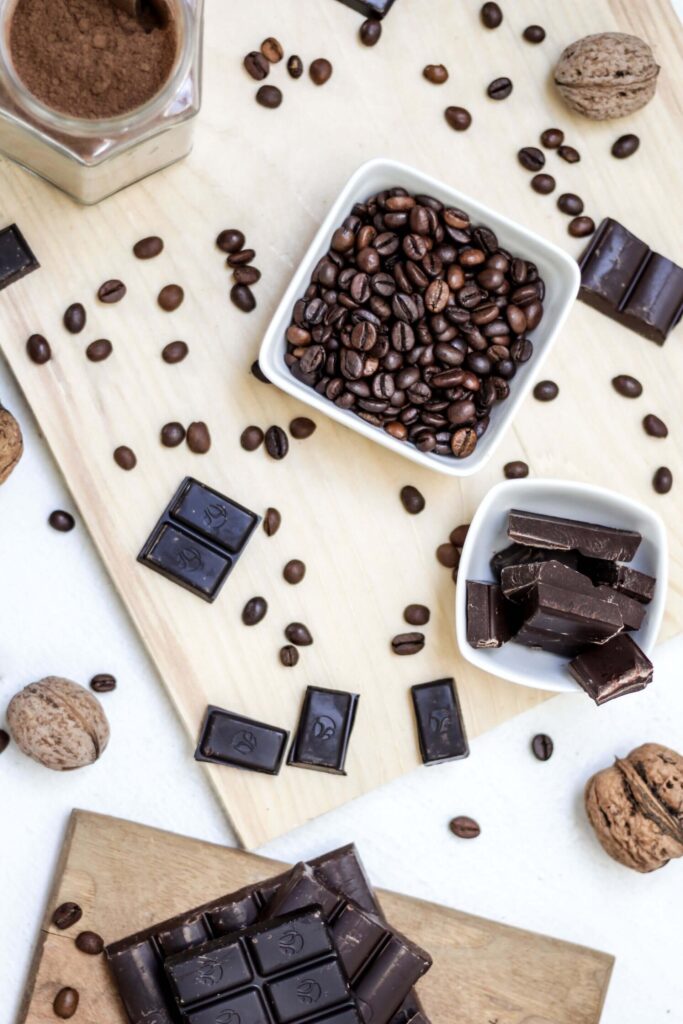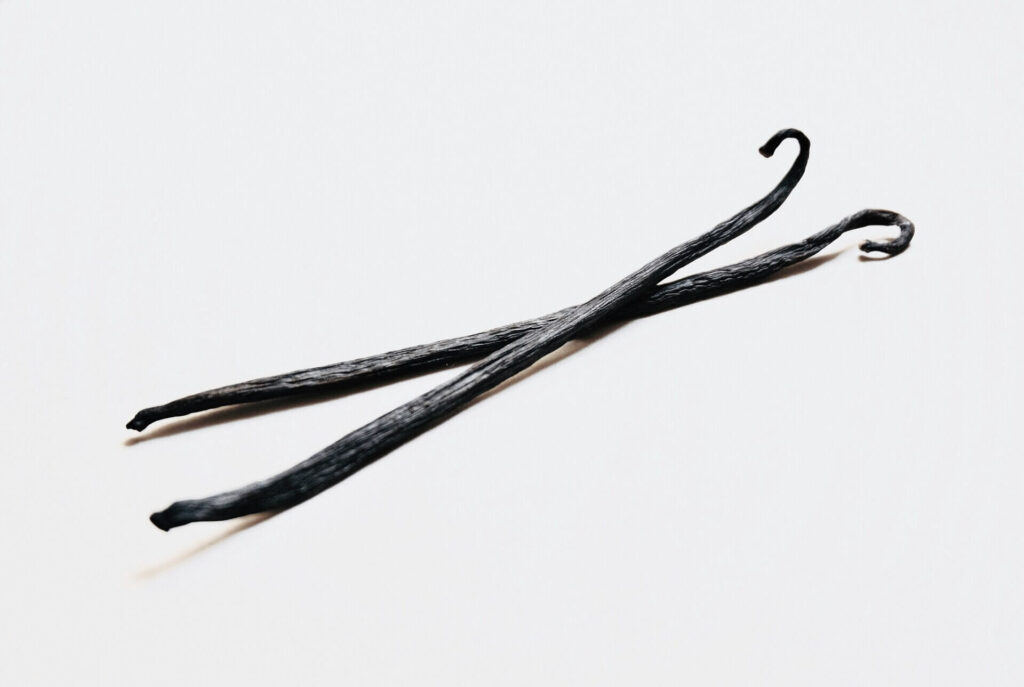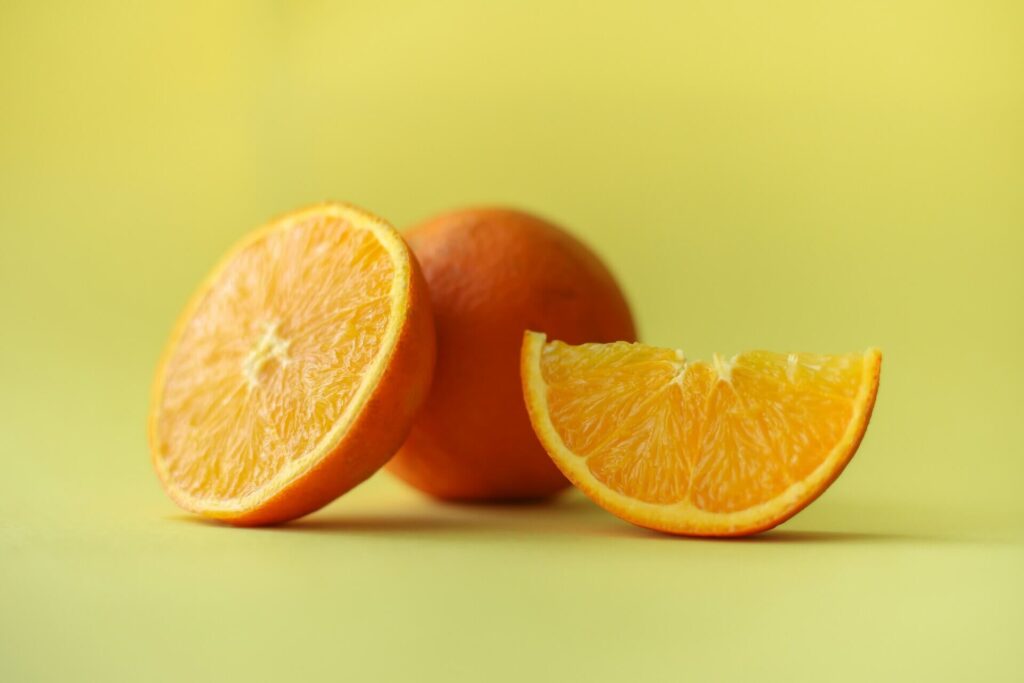
The Science of Flavor Chemistry: What You Need to Know
Food and drink development are about many things — health, calories, texture, and shelf life all play a critical role in the design of food products. Above all, however, flavor reigns supreme. Like other aspects of food, flavor can be curated and designed, a job typically performed by food and flavor chemists, also known as […]
Read MoreFood and drink development are about many things — health, calories, texture, and shelf life all play a critical role in the design of food products. Above all, however, flavor reigns supreme. Like other aspects of food, flavor can be curated and designed, a job typically performed by food and flavor chemists, also known as flavorists. While the design and production of flavor extracts and additives can be a seemingly dense subject, it isn’t challenging to understand the broad guidelines of what goes into everyday flavor chemistry.
What is Flavor Chemistry?
This school of science is a subset of organic chemistry, primarily concerned with the chemical components of flavors and smells in everyday food and drink. Flavor and food chemists, also known as flavorists, use various tools and processes to detect and define the chemicals that make up the tastes of foods and drinks we regularly enjoy, such as those in produce, beverages, and prepackaged goods. Flavorists are concerned with more than just flavor compounds, though — they are also integral to understanding how temperature, oxygen exposure, and different packaging styles can affect flavor and product quality over time. With nearly 90% of American grocery store products containing ingredients produced by flavorists, the science behind how your food tastes is a topic that is taken very seriously.
How is Flavor Chemistry Used?
The processes flavorists use are integral to refining and altering certain foods’ flavors. Typically, these alterations are made to turn bland or distasteful foods into something palatable or to balance out intense flavors in food and drinks. Health foods, for example, tend to be a common use-case for flavor alterations due to their typically low sugar and fat content. Chemists can add sweetness and richness substitutes to chemically balance and improve the flavor of various health foods that would otherwise be unpalatable or uninteresting.
Flavor chemistry is also vital in beverages such as soda, coffee, and juices. Different additives like bitter blockers, sweetness enhancers, and even supplement mixes can provide a variety of flavors and nutritional additives to create the perfect nutrient and flavor balance. This process would be much more challenging to do without flavor extracts.
Natural vs Artificial Flavorings
In flavor chemistry, taste is just a mixture of smell components and flavor molecules— even those in non-processed foods like fruit, vegetables, and other produce. Food and flavor chemists organize and declare the different chemicals in various foods and which additives are considered safe to consume. The Flavor Extract Manufacturer Association (FEMA) records these various flavor chemicals on the Generally Recognized as Safe (GRAS) List, which is then reported to the Federal Drug Administration. In addition to being registered as safe, these flavor components are organized into “Natural” and “Artificial” flavors.
Natural Flavors
Natural flavors are compounds isolated from plant material or animal products, such as fruit, roots, herbs, meat, or dairy. These flavors are typically distilled with alcohol, extracted as an essential oil, or prepared in several other processes.
Artificial Flavors
Artificial flavors are an umbrella term for any flavor not designated as natural, typically a lab-made flavor extract made by a food chemist. Even though these flavor compounds may be chemically identical to the compounds found in a natural flavor extract, their synthetic nature requires that they be organized differently for food safety.
Common Flavor Chemicals
Many unique and nuanced flavor compounds have been discovered and organized into the GRAS list with modern flavor chemistry techniques. Here are some you are probably already familiar with:
Vanillin
Vanilla flavor comes from the chemical vanillin and is commonly derived from alcohol-distilling vanilla bean pods. Since the complex flavors in vanilla are highly volatile, and vanilla can grow in minimal places, the supply of genuine vanilla extract can only sometimes meet the demand. Flavor chemistry brings a solution by producing highly authentic substitutes for the flavor — with many synthetic substitutes being chemically identical to naturally occurring vanilla.
Diacetyl and Acetoin
Diacetyl and acetoin are responsible for butter and dairy’s savory and slightly acidic flavor. Common in flavorings for popcorn, oil sprays, and other dairy-flavored products, diacetyl and acetoin typically develop as byproducts of the sugar fermentation process, such as in yogurt or buttermilk. In synthetic applications, these chemicals are produced through a process similar to a flavor-optimized dairy culture, though the flavoring must be listed as “artificial butter flavoring.”
Limonene
Limonene is the chemical behind the tart and sweet flavor of many citrus fruits, primarily lemon, oranges, limes, and grapefruit. Food and flavor chemists typically extract limonene as an essential oil through steam distillation. While flavor chemistry primarily ties limonene to citrus fruit, it is also found naturally in many plants, such as sumac, cedar trees, juniper bushes, and hemlock plants.
How to Use Flavor Extracts
Lacking a flavor chemistry degree shouldn’t stop you from experimenting with flavor extracts! From standard extracts like vanilla to more purpose-built extracts like citric acid, these flavor compounds and distillates can bring a special and unique layer to the flavor of any food item. These extracts can come in many suspensions, making them a perfect addition to any food or drink. From baking cakes to preparing beverage syrups and even confections, using flavor extracts in your recipe will surely provide a distinctive and nuanced flavor.


